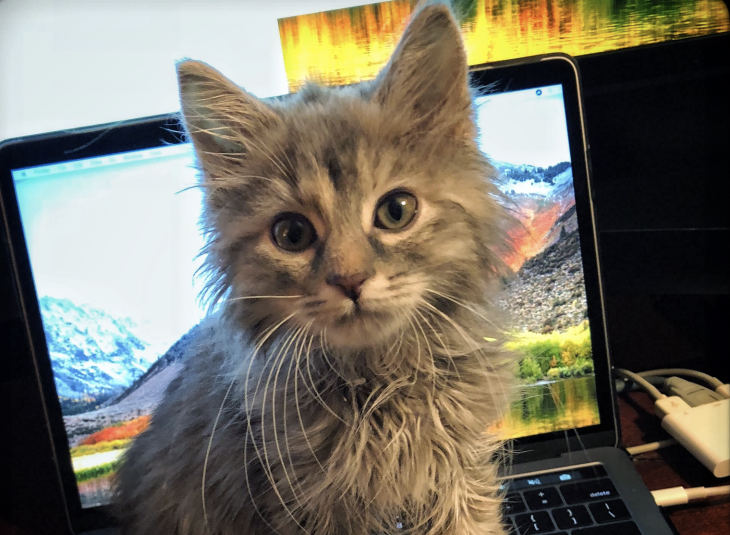From the Department of “stop me if you’ve heard this before.”
Frankly, I’m finding it increasingly difficult to avoid the day-to-day Drumbeat Of Doom. No amount of putting my hands over my ears makes any difference. It’s hard to enjoy Christmas music at the mall (irony alert!) when all you can hear inside your own head is the soundtrack from “Jaws.”
And despite my best (?) efforts to the contrary, I still find myself sucked into the vacuum. Empty feeling inside? Meet the infinite random trivial generator. How’s that working out for you? Not so well? Scroll some more…
I know I’m not saying anything particularly original here.
And I take little solace when I see other voices – supposedly speaking with some higher authority – echoing the themes that I’ve been expressing here for the past several months.
For example, a former Facebook executive who now confesses his personal guilt for breathing the life into Frankenberg’s digital monster:
Chamath Palihapitiya, who joined Facebook in 2007 and became its vice president for user growth, said he feels “tremendous guilt” about the company he helped make. “I think we have created tools that are ripping apart the social fabric of how society works,” he told an audience at Stanford Graduate School of Business, before recommending people take a “hard break” from social media.
A “hard break” from Facebook. That’s what I’ve been trying to do since October. But it’s, umm… hard….
Palihapitiya’s criticisms were aimed not only at Facebook, but the wider online ecosystem. “The short-term, dopamine-driven feedback loops we’ve created are destroying how society works,” he said, referring to online interactions driven by “hearts, likes, thumbs-up.” “No civil discourse, no cooperation; misinformation, mistruth. And it’s not an American problem — this is not about Russians ads. This is a global problem.”
Apparently this guy has a new job title, “Master Of The Obvious.” From which pedestal he further enlightens:
“Your behaviors… are being programmed…”
And this from a guy who left Facebook SIX YEARS ago! Dude… you’re just now figuring this out??
Personally, I find much irony in Palihapitya’s comments – and the fact that these digital media outlets are publishing them. All these people are suddenly waking up to the realization that new technologies are unpredictably disruptive.
Gee, who’da thunk?
Right now, in the wake of all the revelations about the 2016 election, Facebook and Twitter are getting all the critical press. But it’s not just Facebook and/or Twitter. It’s the whole new digital environment, everything from smart phones to Netflix to the incredibly shitty new NYTimes iPad app.
Why is anybody surprised that all of this new technology is re-wiring our brains, and, consequently, the whole fabric of society is being rewoven in disturbing new ways?
To observe these impacts now is like registering surprise that “this hammer, it keeps banging on nails!” That’s what hammers do. They bang on nails.
And that’s what new technologies do: they fuck shit up.
That is why even the gentle strains of Bing Crosby and David Bowie crooning together on “The Little Drummer Boy” sounds like the soundtrack from a forty-year-old shark movie.














